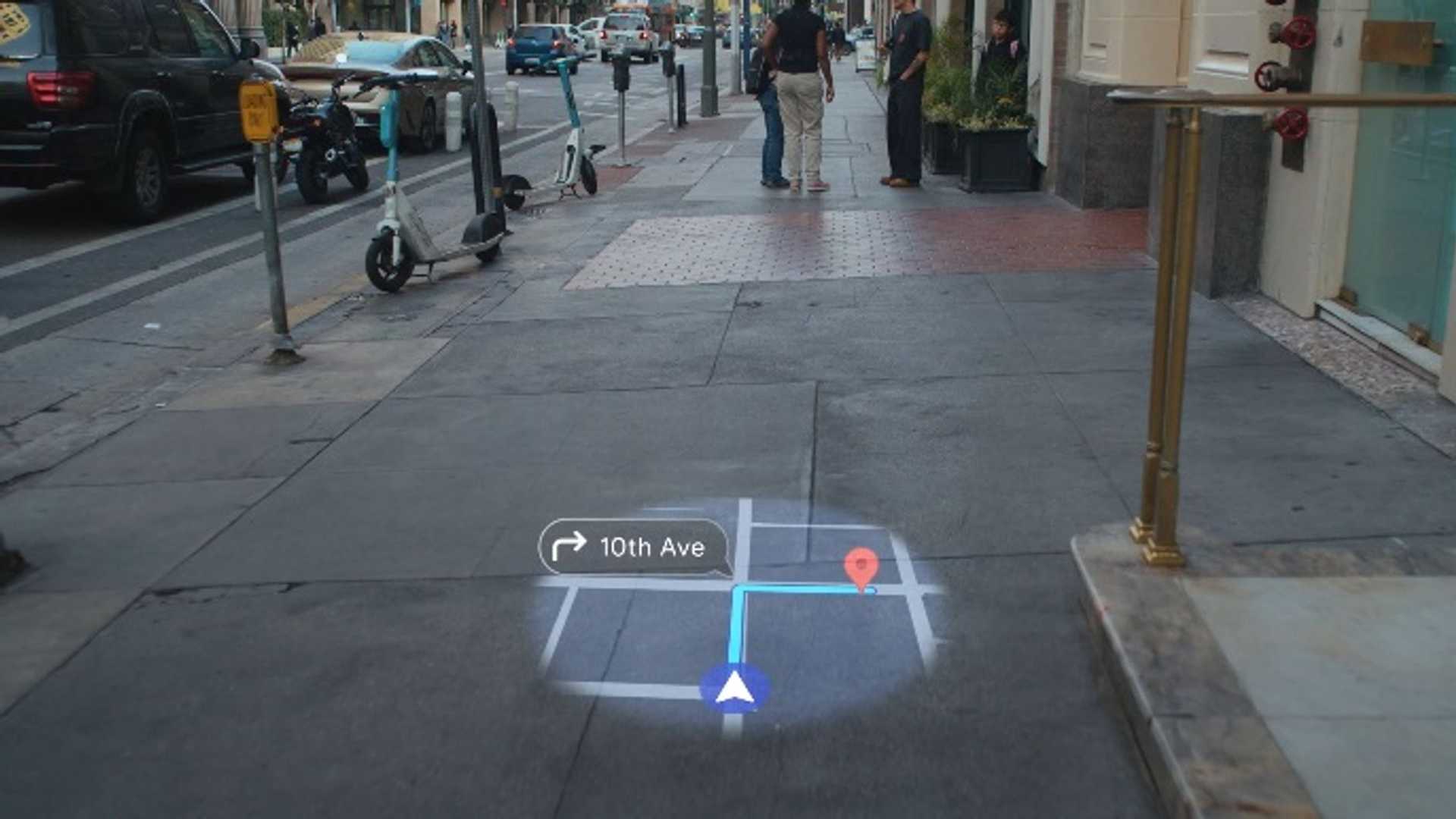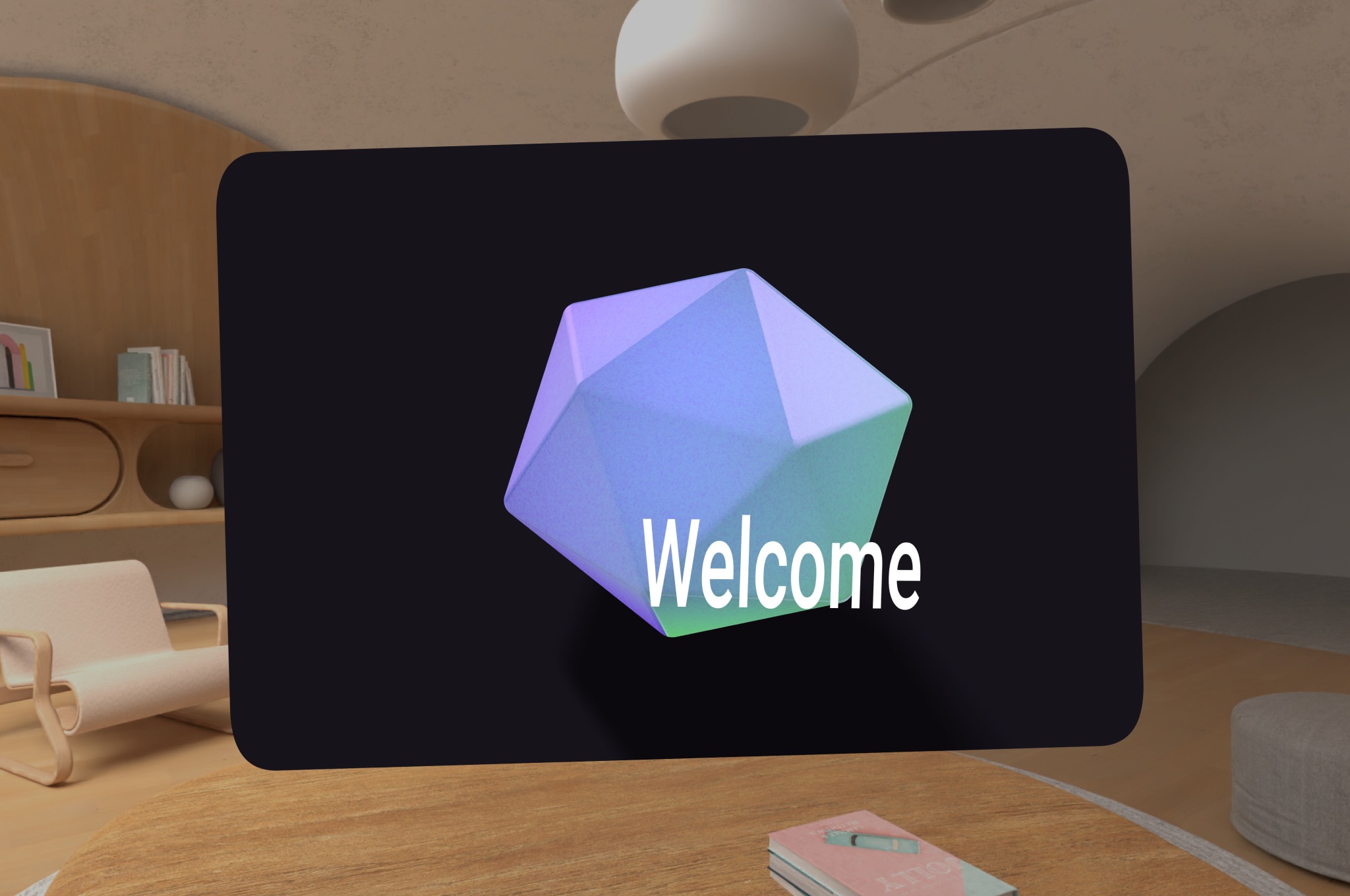Android XR to bring Gemini AI to headsets and glasses
Google has announced Android XR, a new version of the Android platform designed to bring Gemini AI to Android-based headsets and glasses.
What is Android XR?
XR stands for extended reality and the search giant has worked with Samsung and Qualcomm to create the new Android platform. The promise, says Google, is “to extend your reality to explore, connect and create in new ways”.
Basically, it would present information within your line of sight, or directly in your ear. For example, using Android XR glasses, AI-sourced information could become available via a simple interface (a single tap). It would provide information such as directions, translations or message summaries. This would be without accessing your phone.
The First Android XR Device
The first headset device – currently codenamed Project Moohan – will be built by Samsung and will be available for purchase next year. Using the device, certain Google apps – such as YouTube, Google Maps and Google Photos – will be viewable in 3D.
Android XR SDK
To support the new functionality, Google has released the first developer preview of the Android XR SDK.
The Jetpack XR SDK includes new libraries purpose-built for XR. Four aspects are highlighted by Google.
- Jetpack Compose for XR enables developers to declaratively create spatial UI layouts. Or “spatialize” existing 2D UI built with Compose or Views.
- Material Design for XR also includes components and layouts that automatically adapt for XR.
- Jetpack SceneCore provides the basis for building custom 3D experiences.
- ARCore for Jetpack XR supports for your app to “understand the real world” around it, says Google.
To support such development, Google has also released a new Android XR Emulator. This is to create a virtualised XR device, for testing apps built with the Jetpack XR SDK.
A new version of Play Store will be available on the platform. It will feature apps that “spatialize” Material Design (M3) components.
See also: Google shares first Android 16 Developer Preview
Tagged with: Android, Google, Samsung Electronics, VR













